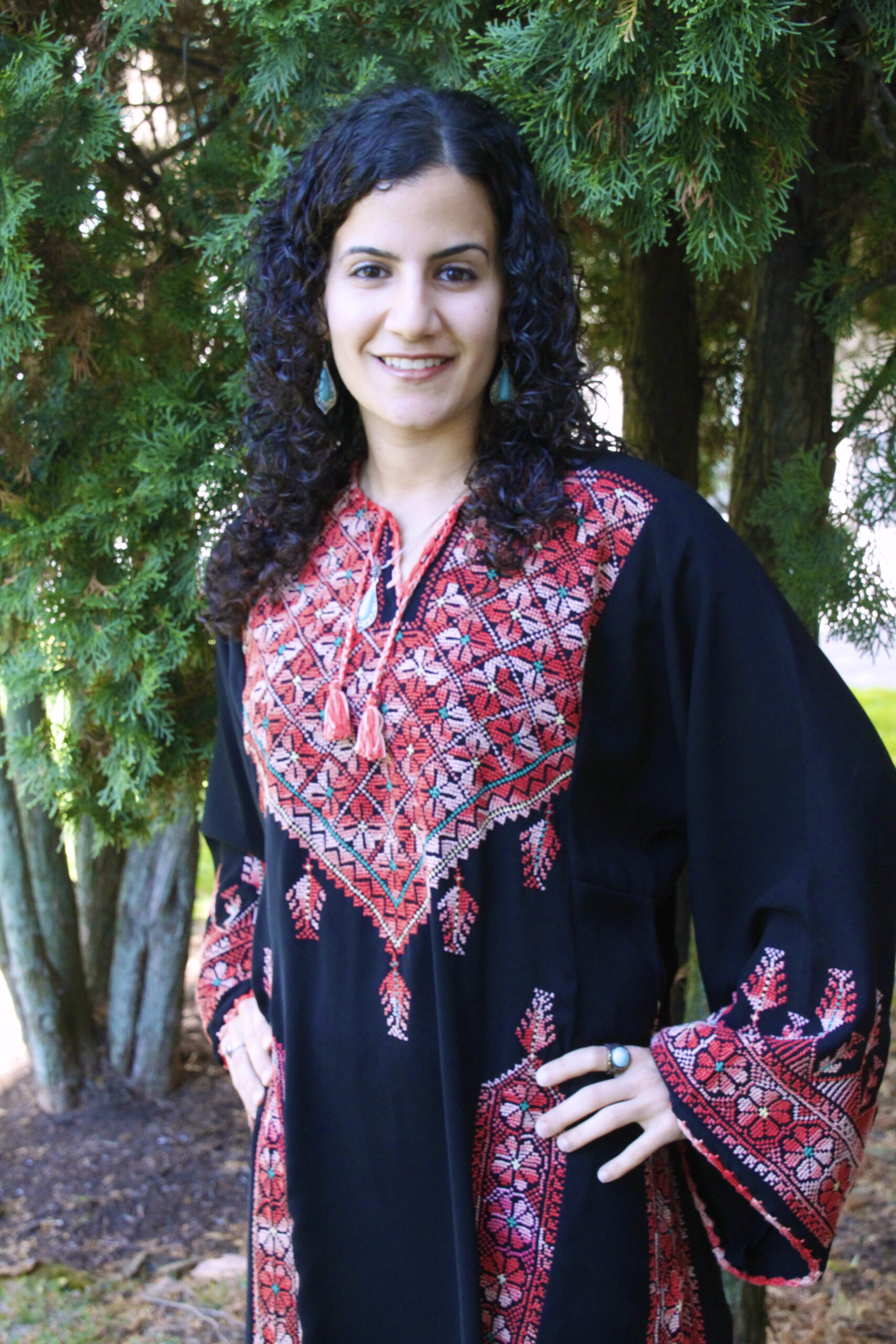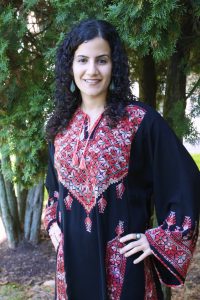Fifteen years ago, my daily routine was to say to my late father, “No! Not at the entrance. Drop me off here!” – hoping my adolescent friends would not see me running from a glaring yellow taxi into my middle school.
The taxi was how my father, a twice-displaced Palestinian refugee, provided for our family once we finally reached rural South Carolina. Inside that taxi I was on a journey of my own, learning about my Palestinian heritage; but as soon as I stepped out, I felt that I did not belong. I was in a completely different world – one in which my classmates thought Palestine was Pakistan and poked fun at my lunch of stuffed grape leaves.
Today, fifteen years later, on a different type of journey at Harvard University, where my father thought tuition would only be $5,000 per semester (I’m sure we all wish that was true today!) – I still feel like I don’t belong.
How many of us felt this way and wanted to flee Harvard, perhaps after realizing that our classmate was the former President of Ecuador, or that the guy in our Arts of Communication class was a star child actor at age nine, or that we now occupy two completely different worlds (perhaps a humble upbringing, now coupled with a privileged education)?
It is true that the Kennedy School is a journey toward attaining knowledge – whether it be learning the intricacies of diplomacy, social impact bonds, or “stepping onto the balcony”. It is a journey of experience – as we start our own companies or travel on Spring Break treks to North Korea, Kazakhstan, Palestine and Israel (just to name a few). But the Kennedy School journey is also the time we must ultimately embrace how we do not fit in.
Many commencement speeches will celebrate the knowledge we have gained, the experiences we’ve had and our fellowship with classmates at HKS. What our time at HKS, however, should celebrate is just the opposite – the knowledge, the experiences, and the world we could not attain during our time here.
Everyone here strives for the ideals of the democratic process and equality to which we dedicate our degrees and professions. Some of us here, however, have not experienced this in their home countries. And for those of us living in the United States, we still have work to do. For me, the absence of equality in my family’s homeland of Palestine is what compels me to a life in public service.
Harvard highlighted this absence for me, as I’m sure it underscored for some of my classmates the absence of freedoms and opportunities in their own countries. It is these things that we have not experienced that must drive us forward. It is also the knowledge we have not attained here at Harvard that should keep us humbled that indeed we do not know everything.
We should value just how much we can learn by listening to those not privileged enough to attend Harvard – those such as my late father, a Palestinian refugee and taxi driver, who once thought that the Internet closes at 10 p.m.; a man whose impeccable command of world history still mesmerizes me; but, still a man who, due to the historical events that uprooted him, could never dream of attending any university.
Thus, it is the people we are missing here today who continue to shape our lives and our work. For me, it was the young woman in the Gaza Strip who explained to 100 Harvard students during their spring break that it was her dream to attend Harvard, but because we are still living in a world in which a piece of paper dictates her future, she is unable to leave Gaza to attend any university.
Maybe I, and many others reading this, will never fully feel that we belong here. Perhaps we are not made to ever fully fit in and to always have, as Palestinian poet Mahmoud Darwish coined, a persistent presence of absence. That is okay – in fact, an outsider’s perspective makes us better leaders, diplomats and global citizens.
So instead of focusing on what I know and affirming this liminal event right here right now, I dedicate this moment of receiving our degree to the presence of absence – the absence of the knowledge we have yet to attain, the absence of the experiences we have yet to undergo and the absence of the deserving people who cannot attend Harvard. As we leave here, let us continue to appreciate the absent parts of our histories, our identities and our degrees – or that learning we have yet to know.
So I ask all of you: What is absent after our journey here? Let’s seek that.
Asma Jaber is a Palestinian-American HKS Public Policy graduating student and plans to work on her start-up PIVOT (Palestine-Israel Visual Optimization Tool), a mobile technology that allows a user to explore layers of time and space first in Palestine-Israel, and later throughout the world. Asma has previously worked with the United Nations Office for the Coordination for Humanitarian Affairs in Palestine and on civil rights issues with the U.S. Department of Justice.

